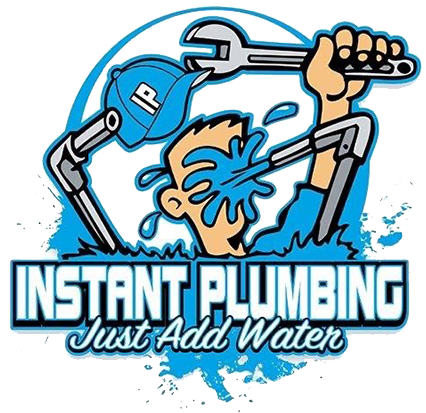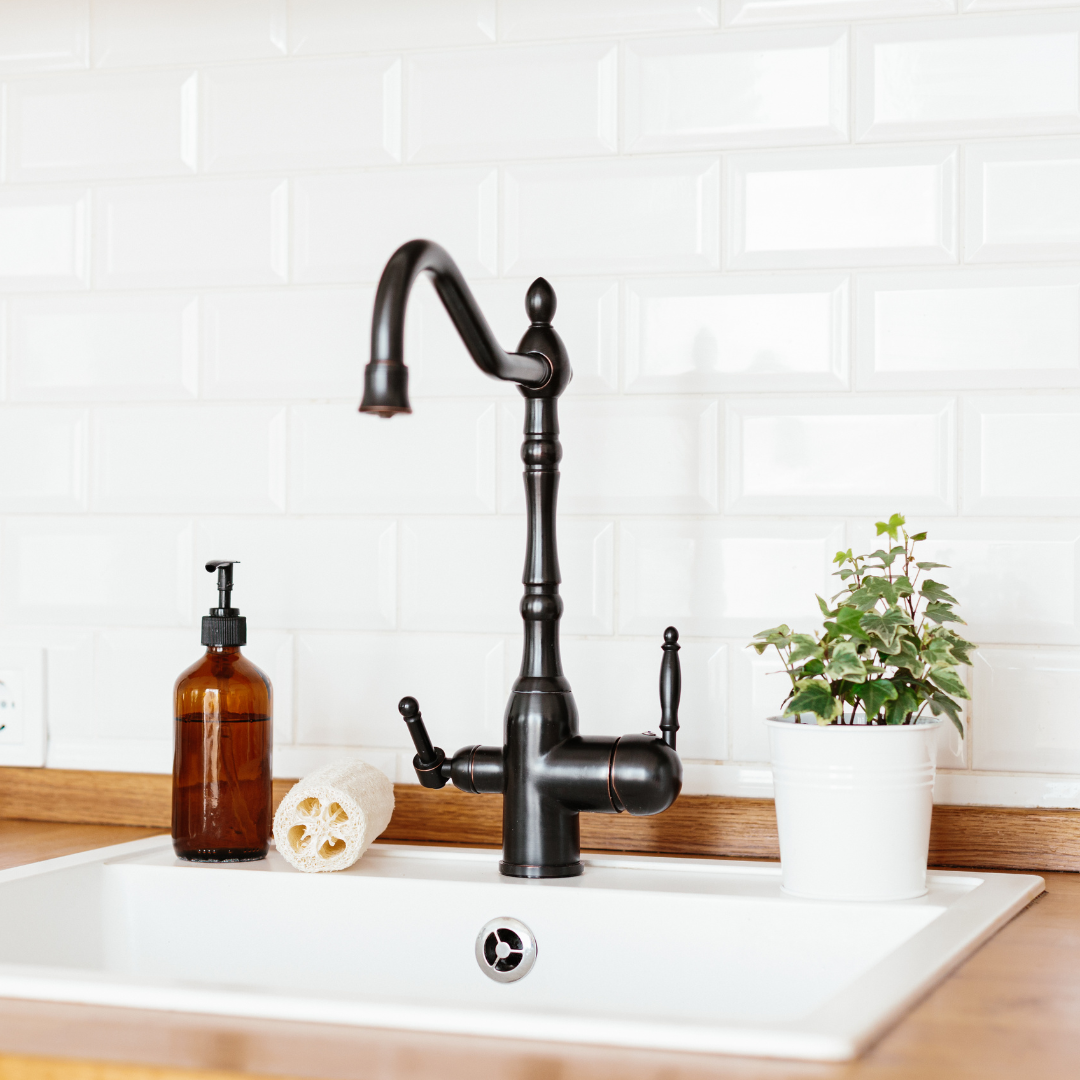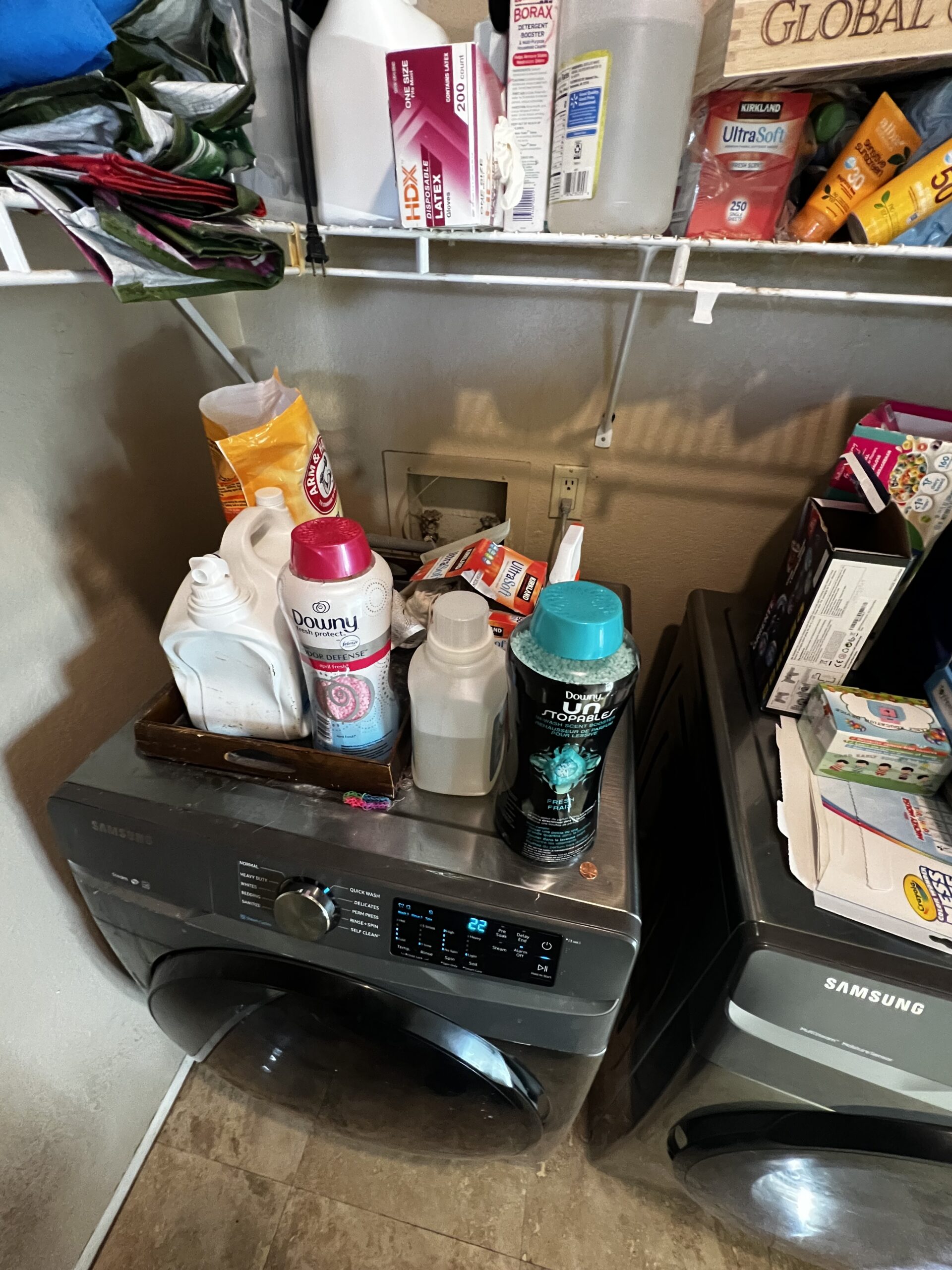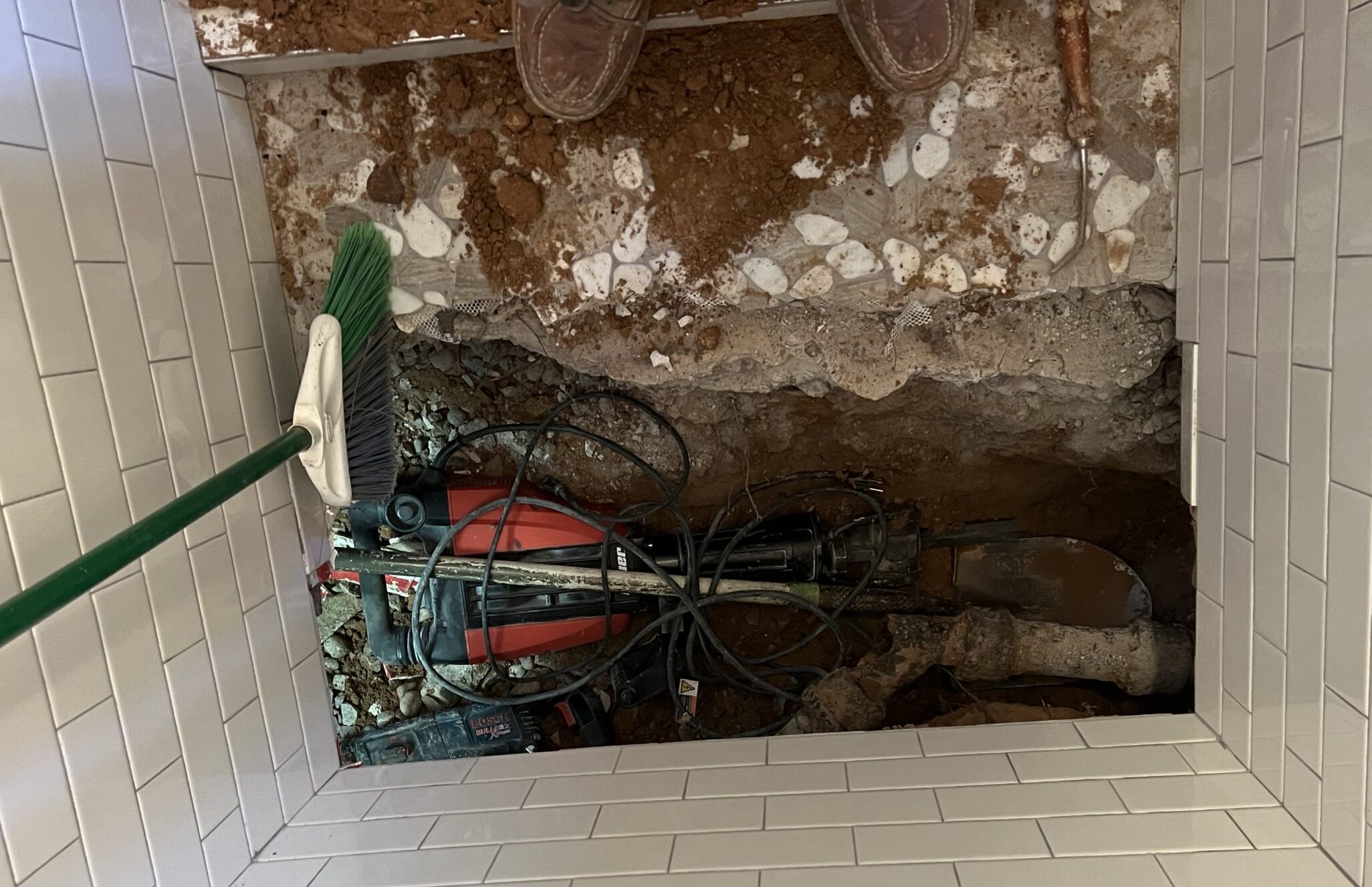Clogged drains are no fun and there is never a conveniant time for a back up to occur. While we understand the desire to clear a drain on your own to save money and avoid calling a licensed Plumber, we also know that there are some DIY’s that should never be done on a clogged drain. Read on to see what to avoid doing when facing a back up.
Chemicals:
Reaching for a quick fix chemical solution might be the first thing you want to do when water starts draining slowly. However, it is important to be very careful of what products you use. Do it yourself home remedies such as bleach or ammonia may be popular online, but they can have serious consequences. Harsh chemicals can damage your fixtures and pipes depending on what materials they are made of, and can cause skin irritation and even burns if they come into contact with skin. As an added note it is suggested that you NEVER mix chemicals or use different chemicals in succession of another. This can lead to caustic chemical reactions that can have very negative results on your home and health. If you are going to use a store bought product on your drains, we recommend reading the label thoroughly and wearing protective clothing and equipment. In the event that you do still need to give us a call, please always be sure to tell your plumber about any products that have been used prior to their arrival and when they were used.
Plungers:
Did you know there is more than one type of plunger? A cup shapped plunger (the most commonly known type) is meant for sinks and flat drains while a toilet plunger (also known as a flange plunger) has a smaller extra part that goes into the toilet flange to allow for better suction. Attempting to use the wrong type of plunger can fail to clear the drain and can even cause damage to your pipes by allowing extra pressure into the pipe. While we fully support our customers taking care of minor issues independently, we also want to ensure that small issues don’t lead to major problems. If you don’t feel confident in the plunger you’re using, please call our office today to set up an appointment with one of our expert plumbers!
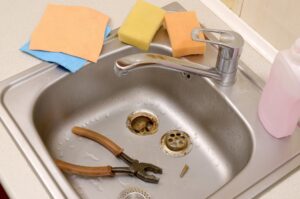
DIY Tools:
At no point should you ever stick a household item down a drain to try and clear a clog. This includes anything from a wire hanger to a broomstick. Again, we know there are plenty of DIY fixes listed online but we strongly advise against using anything on your drains that was not made with the intention of clearing a drain. At best, the item will fail to clear the blockage and just leave a bigger mess. At worst, you could injure yourself or damage your plumbing leading to more costly repairs.
Whether you have a slow drain or a total backup, instant Plumbing and Rooter is here to help with our team of expert plumbers! We have the tools and experience needed to tackle your drains and get the water flowing again! To set up an appointment, email us through our Contact Us Page, or call our office at (480) 353-7267.
Frequently Asked Questions
Q: Why shouldn’t I use bleach or ammonia for clearing a clogged drain?
A: Using harsh chemicals like bleach or ammonia can seriously damage your pipes and fixtures, not to mention the health risks like skin irritation or even burns. It’s also critical never to mix different chemicals, as this can cause dangerous reactions. Always let your plumber know if you’ve used any chemicals before they start work.
Q: Can I use any plunger for all types of drains?
A: No, there are different types of plungers for different drains. A cup-shaped plunger is designed for sinks and flat drains, while a toilet plunger, or flange plunger, is meant for toilets. Using the wrong type could be ineffective and might even damage your pipes by applying undue pressure.
Q: Is it okay to try out DIY tools like wire hangers to clear a clog?
A: We strongly advise against using household items like wire hangers or broomsticks to tackle a clog. These items can be ineffective at best and may lead to further plumbing damage or personal injury at worst.
Q: What should I do if I’ve already used a chemical product and the clog still exists?
A: If you’ve used a chemical product, it’s essential to inform your plumber about what you’ve used and when you used it before they start their work. Chemicals can interact with professional treatments and could pose safety risks.
Q: How do I know when it’s time to call a professional?
A: If you’re not confident in the DIY methods you’re using or if you’ve attempted to clear the clog without success, it’s time to call in the experts. We have the specialized tools and experience to safely and effectively tackle the problem.
